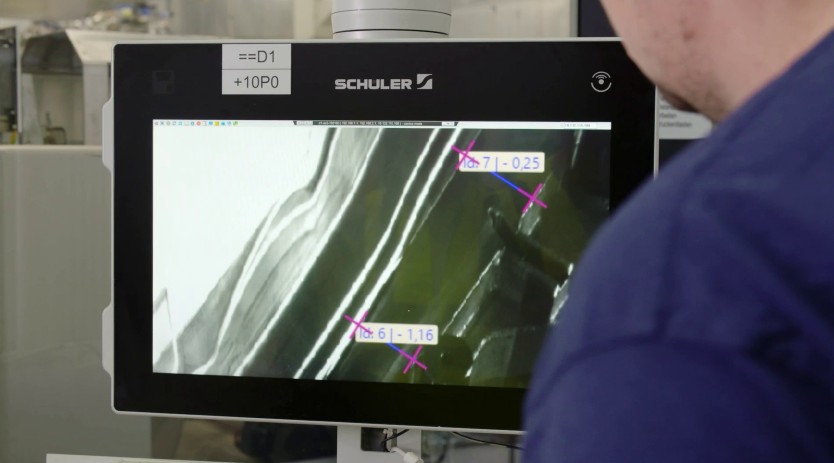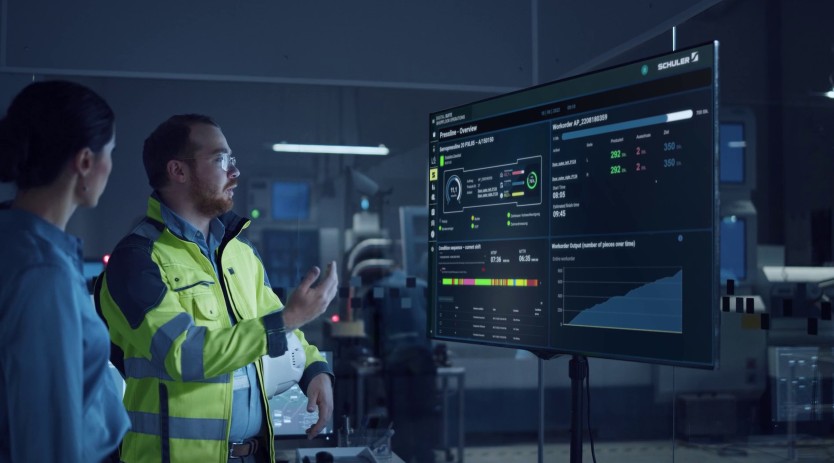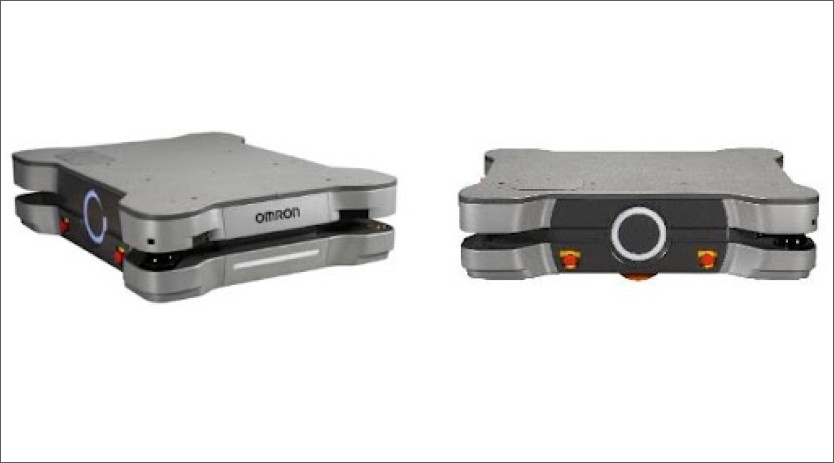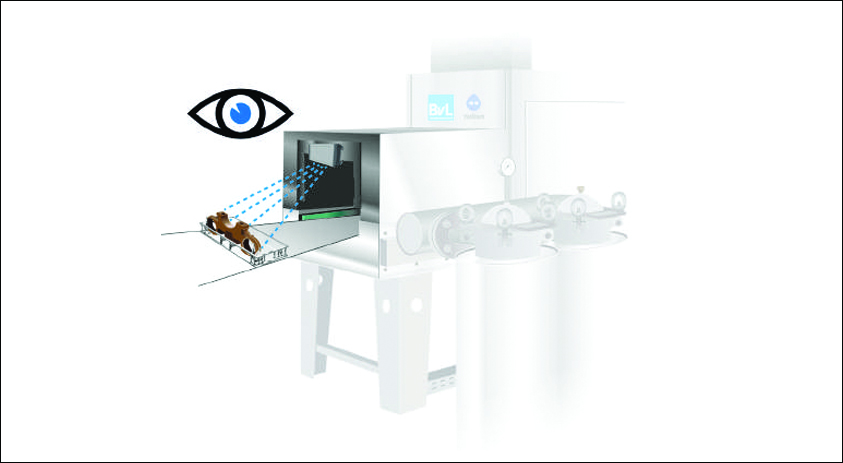Breaking down the working-in-silos mentality
June 17, 2019 4:14 pm
The MSME segment in the areas of manufacturing, IT and engineering have very high digital technology adoption rates, as this is a key differentiator, says Vineet Seth, Managing Director – South Asia & Middle East, Mastercam APAC. He discusses how India is on the right path and it’s a matter of time before we are able to vault into the next level of manufacturing.
Make in India’s contribution for India’s manufacturing sector
When the Make in India initiative was announced, I had mentioned that we could expect changes in the immediate, mid and long terms. Immediate and mid-term changes had to do with infusing the industry with investments and laying the foundations for a robust infrastructure in the country. As of now, FDI and FDI equity are riding high, while infrastructure projects are underway. In addition to these, India has recently jumped 23 places (77th) from its previous rank of 100, in the World Bank’s Doing Business Report – which essentially signifies a positive impact due to favourable government policies and initiatives. I’m convinced we are on the right path and it’s a matter of time before we are able to vault into the next level of manufacturing.
Challenges faced by the MSMEs in adopting the Digital India transformation
I beg to differ on the statement, as it may not be entirely true. The MSME segment in the areas of manufacturing, IT and engineering have very high digital technology adoption rates, as this is a key differentiator. Having said so, I also do want to mention that this is a continual process and this is where most MSMEs fail to stay current. Adoption is one thing, effective implementation and enhancement is another. Most MSMEs stop at the adoption stage, as it’s a minimal requirement of the nature of business. Lack of value visibility and lack of (helpful) data analytics within their manufacturing systems are some of the reasons for this shortcoming.
Measures to realign Digital India so as to turn India into a genuine technological marvel
Do the right thing. A lot of things in life are simple, yet appear exceedingly difficult. Applying this principle to manufacturing and technology, one can easily create a simplified flowchart that provides a logical sub-plan to a master-plan. Divide and conquer! Problem is, we tend to visualise alike, but work in silos.
Philosophy aside! A task group comprising of local industrial communities in each chamber of commerce/industry association/consortium, should disseminate the Digital India plan, peer review it and provide consultation to their members. This will help them adopt best practices, communal thinking and also to reduce time-to-market.
Deal with the Smart Factory technology disruptions at operational level
Technology upgradation does call for a disruption, but with a well thought out plan and execution, this disruption can be minimised to near negligible levels. Operationally, disruptions with Smart Factory technologies have to do with managing initial training gap, adaptability and process change. Pre-deployment simulations, effective training, a robust (and timely) support system by the technology vendor and contingency planning are some of the ways in which such disruptions can be dealt with. Again, experience is a great ally in such situations, therefore, using the right people and the right technology is of paramount importance.
Areas to be considered for making the transition to the smart factory
Product(s), process, people, infrastructure, information, evaluation and implementation are some of the most important areas to be considered before making the transition to a Smart factory. A clear understanding of the product and process will help “automation”. Similarly, enhancing skill sets and educating existing staff or hiring new people will assist in “knowledge base”. Finally, bringing it all together in a sensible and profitable way through installation and implementation will make the transition to a Smart factory. It is important to understand the timelines and costs, through a proper evaluation of the whole system, in advance.
Future prospect for cloud solutions and connected manufacturing for machine tools industry
Connected manufacturing for the machine tool industry is very vital. Using cloud solutions will definitely ease a number of tasks in manufacturing, by limiting duplication, increasing standardisation and increasing visibility.
For example, searching for up-to-date, accurate tooling data can be a tedious and time consuming task for CAM programmers. A myriad of websites, catalogs, and other sources are available for the task, but typically require manual entry methods that may result in data inaccuracies, as the NC programme takes shape. Every tooling manufacturer offers their own approach to making their product data available. It’s not only up to the user to find out if a tool is in stock, but equally important to ensure that its associated data files are comprehensive enough to get the job done right in the CAM system.
A task group comprising of local industrial communities should disseminate the Digital India plan, peer review it and provide consultation to their members
Vineet Seth, Managing Director – South Asia & Middle East, Mastercam APAC
Cookie Consent
We use cookies to personalize your experience. By continuing to visit this website you agree to our Terms & Conditions, Privacy Policy and Cookie Policy.

















 English
English Hindi
Hindi